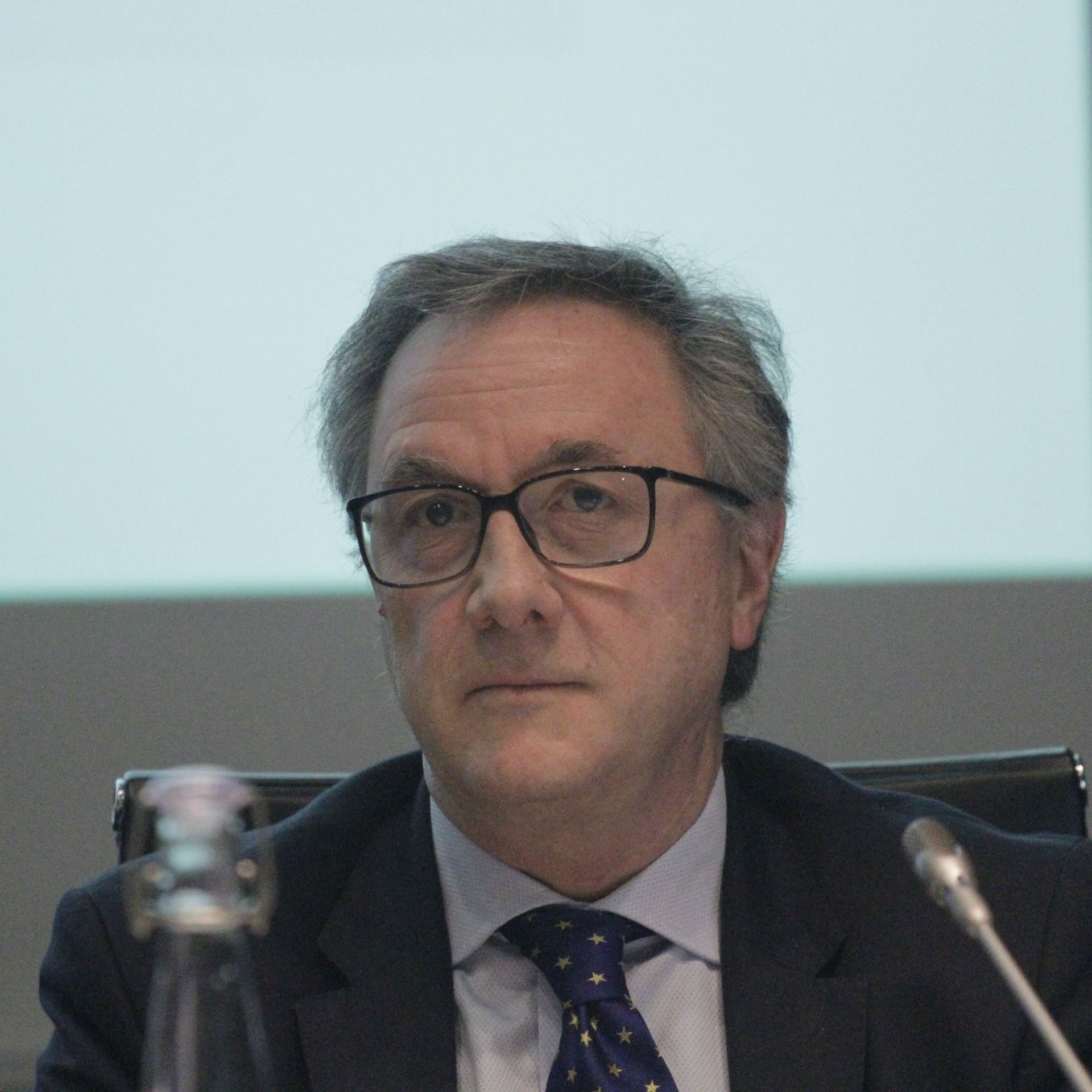New fund governance trends
Several important nuggets of information were given to directors at the "Investment Funds – Latest Trends and Evolutions" breakout session. Some of this information resulted from a recent meeting between ILA’s Investment Fund Committee and the CSSF.
Conflicts of interest
During this visit, emphasis was placed on the register of directors’ conflicts of interests, with the CSSF underlining that entries need to be detailed and in line with their definition of conflicts. “Board minutes should make clear why a regulatory declaration has not been made, explaining there is no actual conflict of interest, only a potential conflict,” said Fund Committee member Sophie Dupin, a partner with Elvinger Hoss Prussen. She cited the example of the delegation of portfolio management activity, with conflicts mitigated by factors such as market benchmarking. She also pointed out that the intra-group relationships between IFMs and funds might need special attention in this regard.
Costs and fees
On costs and fees, pressure from ESMA via the CSSF requires that directors of fund management companies ensure effective supervision of existing mechanisms, said Enrico Turchi, managing director at Amundi Luxembourg. “There should be a formalised mechanism to identify costs charged to the fund and thus the investor, rather than an ad hoc system based on revenue maximisation considerations,” he said.
These processes should be reviewed at least annually, looking at the sustainability of fees, whether they represent value for money and their impact on fund returns. He added that questions of conflicts of interest arise in these cases, particularly for intra-group delegation arrangements. Mr Turchi recommended looking at the ESMA public statement on securities lending which was published in August.
Refinancing alternatives
In the alternative fund space, non-executive director Keith Burman said a key concern for directors of SPVs and holding companies will be the management of refinancing in this new era of higher interest rates. “Be aware that it's taking a lot longer to renegotiate deals, and that most banks are seeking a reduction in leverage,” he said. “This is driving demand for cash, and raising questions of what might happen if you can't refinance and thus potentially face insolvency,” he added.
Managing retailisation
The topic of retailisation or democratisation of alternatives was raised by panel chair Andrea Montresori, a partner at PwC Luxembourg and chair of the ILA Investment Fund committee. “Moving from being a closed-ended fund operator into a more open-ended environment requires a change in the whole operational process,” Mr Burman noted. For example, asset valuations will need to be carried out every time a fund allows entry or exit, rather than annually. At the time of fund opening, the process of negotiating with a relatively restricted number of investors has to be changed to a more open distribution model.
Mr Turchi warned of the need for boards to manage potential conflicts of interest and questions around the fees charged for alternative products destined for a wider investor base. “Directors should be clear to explain how the fund will be distributed, which type of training will be provided to this distribution channel, the various KPIs, the clients being targeted and so on,” he said. He also pointed out the challenge of using liquidity pockets in these funds. If these liquid assets are used to enable redemption, the fund will then have the tricky task of quickly reconstituting this liquid component.
Part II funds are being used for these strategies, as well as the reformed ELTIF, said Ms Dupin. The former does not benefit from an EU passport, so she noted that distribution and marketing are usually carried out via institutional and professional clients which then self-place the product to retail customers. “It's important to know the distributor or the professional investor who will be the shareholder of the fund, and that they market the product to suitable retail clients,” she said.
Sign up on eDesk
The CSSF’s eDesk portal went live at the start of this year, but during the meeting with ILA the regulator pointed out that significant numbers of boards have yet to sign up. Self-assessment questionnaires, AML reports, external reports, RC reports and more need to filed via this service, and Ms Dupin communicated the request from the CSSF that boards use their LuxTrust tokens to activate their accounts in preparation. The eDesk portal will be the sole means of filing such reports after June 2024. She also stressed the need to ensure that signing-on rights are kept up-to-date when directors move or responsibilities are reassigned. While change is sometimes uncomfortable, it was pointed out that eDesk offers a secure digital system with clear audit trails.
AML checks on non-supervised funds
Non-supervised funds have recently started being subject to checks on their AML procedures, including onsite visits, the panel noted. These are being conducted by the AED (Administration de l'enregistrement, des domaines et de la TVA) tax office and the CSSF, with them checking on the policies of RAIFs and SCPs. “Get prepared, because this is a new procedure and directors need to be ready to answer questions efficiently, with replies to requests expected within a week,” said Ms Dupin.
Update the RBE
The register of beneficial owners (RBE) also needs directors’ attention said the panel, with the authorities requiring that all changes be reflected on this database within 30 days of any change. Failure to do so can result in the police becoming involved, with the ultimate threat of criminal liability if procedures are not followed adequately.

Andrea MONTRESORI
PwC Luxembourg

Sophie DUPIN
Elvinger Hoss Prussen S.A.

Keith BURMAN
NED

Enrico TURCHI
Amundi Luxembourg S.A